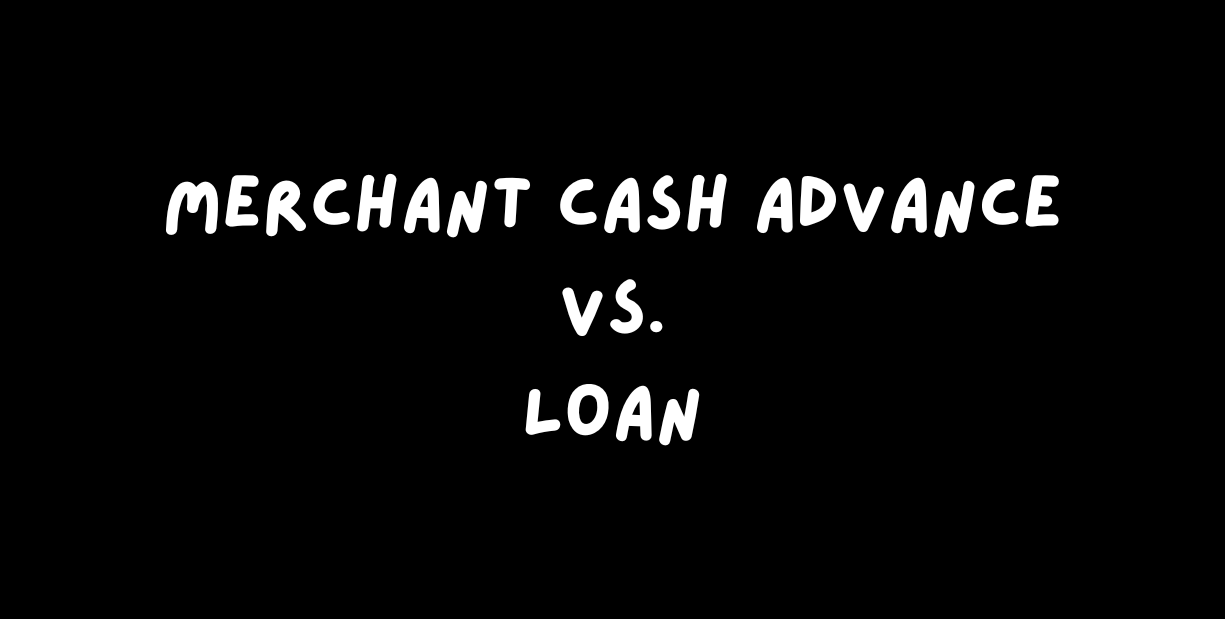Consequences of Defaulting on a Merchant Cash Advance
what happens if you default on a merchant cash advance

While an MCA can provide much-needed funds, it's essential to understand the risks if you default on the advance. The consequences can be severe for your business, so it's crucial to carefully consider whether you can realistically repay the MCA before taking one out.
What is a Merchant Cash Advance Default?
A default occurs when you fail to pay back the advance plus fees and interest based on the schedule in your MCA agreement. For example, your MCA contract may require you to repay them with 15% of your credit card sales until the advance is paid back in full.
If your sales dip too low and you can't make those daily or weekly repayments, the funder considers you to default on the contract. At that point, the consequences can escalate rapidly.
Consequences of Defaulting
When you default on a merchant cash advance, the first consequence is often aggressive collections practices. Your MCA funder may relentlessly call, email, and pursue payment through any legal means.
If collections efforts fail, many MCA companies will file a lawsuit against your business seeking repayment of remaining balances, interest, fees, and legal costs. A court judgment further enables methods like garnishing your business bank accounts or even personal accounts if you give a personal guarantee.
The MCA company could also seize business assets like equipment and inventory with a court judgment. They may even compel you to change credit card processors to repay the debt directly from your sales accounts if that's allowed in your contract.
If you're struggling to make payments on a merchant cash advance and fear defaulting, don't go it alone. The experienced attorneys at J. Singe Law Group can review your MCA agreement and advise you of your rights and options for resolving the situation. Protect your business by calling us at 917-905-8280 to discuss your case confidentially. Early intervention gives you the best chance of mitigating consequences before they spiral out of control. Our legal practice extends nationwide; residing outside New York poses no barrier to benefiting from our firm's services.
Damage to Credit Scores
An MCA default can severely impact your credit scores, which could prevent your business from securing new funding, renting commercial space, or making other major future purchases. This negative information will likely remain on your credit report for six or more years.
Bankruptcy Complications
One of the most severe consequences of defaulting is that it can complicate or even block your ability to file business bankruptcy to get out from under the debt. Many funders require a personal guarantee, meaning you would remain liable for the debt even if your business files bankruptcy.
The punitive costs and vulnerability to aggressive legal action are why it is crucial to ensure you can comfortably make the required remittances from your sales before accepting a merchant cash advance. Defaulting exposes your business—and potentially you personally—to severe financial and legal risk.











